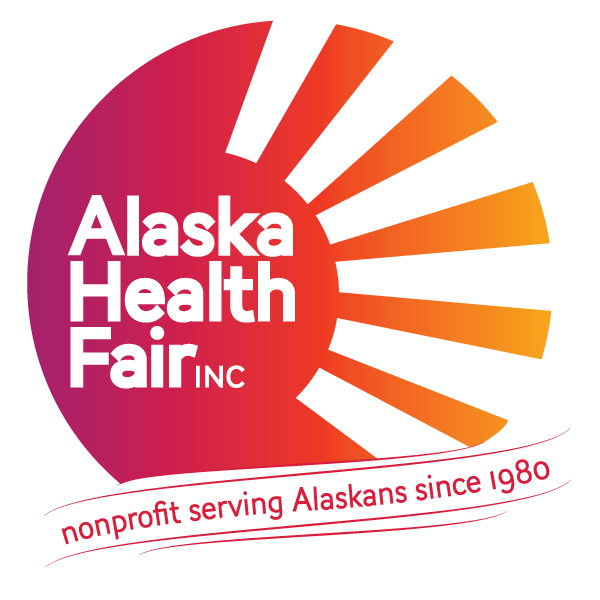By Barbara Fiscus, Juneau
***
Fear. It’s something we all deal with at some time or another. Because it is so pervasive, it’s an important concept to understand, or at least to develop some tools to deal with.
First, what is fear? One popular saying is that it is an acronym for False Evidence Appearing Real. While that can be a helpful perspective in many cases, it can fall short of the mark in many others. The truth is that some fear is justified. Not all fears are based on “false evidence;” sometimes the evidence is very real. When faced with physical danger, a scary diagnosis, a loss or a threat of loss, for example, fear is a natural response. So what do we do when we get that call, have that talk, or find that lump? How do we keep our insides from melting? How can we stop what seems akin to mental hyperventilation–when negative thoughts rush in faster than we can process them?
First, I suggest prayer. It has been said that faith and fear cannot co-exist. While I recognize that not everyone has a basis of faith, for those who do, it is often their greatest source of strength and stability in the midst of a storm. That certainly has been my experience for some of the more difficult moments of my life.
Another thing I recommend is journaling. In my book, Be Strong and Courageous, I refer to my journal as my “emotional emergency kit.” Like controlled breathing to hyperventilation, journaling forces my thoughts to slow to the pace of my writing. It also helps me to clarify both my situation and my thoughts surrounding it. Even just the act of venting my emotions on paper can often calm my heart. It’s as if writing them down allows me to release them–or at least, to not ruminate on them so much.
Finally, finding a trustworthy confidante can be invaluable. Whether it’s a friend, family member, pastor, or life coach, often simply having a patient ear to hear our concerns is enough to quiet them. Other times, we may need more encouragement, advice, or even a challenge to look at things differently. Having another person to hold your heart and share your burdens can be an amazing help!
Regardless of whether you choose to vent your fears on paper or to a person, I would caution you to keep a close watch on your words.
· Avoid extremes in your language. Anything said out loud goes out of your mouth and into your ear and is reinforced in your subconscious. Even when writing, the more extreme your words, the more shocking–and therefore “sticky”–they are to your mind. You risk introducing a new narrative about yourself or others that is both unfair and, in all likelihood, inaccurate. For example, statements like, “Maybe he wants a divorce,” or “She’s always blaming me!” typically reflect our emotions more than our reality. When my kids were little, I used to say, “Always and never are not very clever.” Those kinds of extreme word choices can create a harmful lens through which you view a person or a situation. They change the dynamic and amplify the issues.
· Refrain from labeling. This applies to both self and others (e.g., “I am/he is such a loser.”) It’s similar to name-calling–something else I taught my kids to avoid. Labels stick in your mind and taint your heart.
· Resist the urge to spiral. When we’re feeling frightened and insecure, it is easy to spin ourselves dizzy, connecting one thought to a slightly more negative thought, then to another, and another until we are caught in a mental whirlwind of our own making. Interrupt the chain reaction!
And a few other points to keep in mind:
· Stay focused on the present facts. No future tripping!
· Try to disprove your fear with rational thinking. Are your concerns founded?
· Consider your part in the conflict or dilemma. Be honest about your errors.
· Look for solutions and take action, if possible, to make corrections.
· Speak life and hope, regardless of what you feel.
· Evaluate what you can gain from the experience.
· Reflect on how God may be orchestrating a blessing that you can’t yet see.
In my own life, I have seen both positive and negative results from my experiences with fear. Too many times, I have cowered and been paralyzed by it. Other times, I have allowed it to be the catalyst for changes that I would not otherwise have made. Were it not for fear, I would not have discovered my courage.
About the author
Barbara Fiscus lives in Juneau, Alaska and is the owner of Action Life Coaching. She has a Master’s degree in Counseling Psychology and is a Certified Christian Life Coach. She has been married for 22 years and has homeschooled both of her children. Barbara has authored one book, Be Strong and Courageous and is working on another. She has been published in Christian Womanhood magazine and writes her own blog called Monthly Encouraging Word. Learn more about Barbara through her website at www.actionlifecoach.com or her Action Life Coaching Facebook page.
About life coaching
Life coaching is a relationship formed with the entire focus of helping a client attain his/her goals. Coaches listen, ask, encourage, challenge and celebrate. Clients also play an active role by honestly sharing in session and taking positive action between sessions. Through incremental achievements, they stair-step their way to success, often faster than through traditional counseling.
The views offered by this contributor do not necessarily represent those of Alaska Health Fair, Inc.

